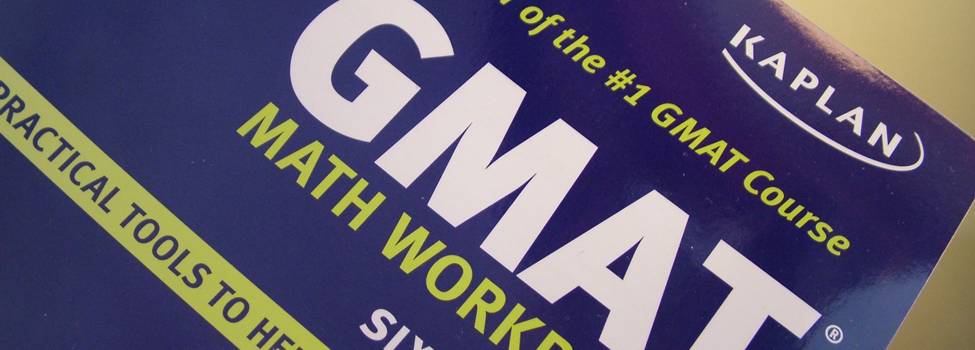Master in Management Admissions: How Important is the GMAT?

A high GMAT score can help candidates overcome low work experience, but it takes more than test prep to get into a good school
The GMAT is fundamentally important to Master’s in Management (MiM) candidates. Because they often have little or no work experience, the GMAT is a crucial tool for admissions teams to judge whether an applicant should be admitted, or not. “We need a way to evaluate program performance. In absence of work experience, the GMAT and undergraduate GPA have greater weight in the admissions process,” says Brandon Kirby, admissions director at the Rotterdam School of Management in the Netherlands.
The GMAT is a standardized test that assesses certain analytical, writing, quantitative, verbal and reading skills in written English. Many accredited business schools require the exam for admission to their MiM courses. “It provides us with insight into their potential performance in the program academically,” Kirby says. “However, the GMAT doesn’t tell us what type of person they’ll be in the classroom or how they’ll handle the stress and rigor of the program.”
He believes MiM candidates, many of whom have grown up with tutors and technology, will find it easier to put in time to study for the GMAT MBA candidates, who are generally older. “Younger candidates who have recently completed their degree are more in the mentality of studying and taking tests,” says Kirby. “Younger candidates possibly have an advantage over older test takers when it comes to studying for the exam.”
Preparing for the GMAT can be challenging
But finding the time to prepare for the GMAT — test prep experts recommend three months or 120 hours of study — can pose a unique challenge for MiM candidates. “The vast majority of our applicants are either completing an internship or are in their final year at top universities in demanding programs. In both cases, finding extra time to prepare for the GMAT is a real challenge,” says Julien Manteau, director of strategy and global development for master’s programs at HEC Paris.
However, the time you need to spend swotting will depend on your goal. According to Kaplan Test Prep, a score of 710 or above would put you in the top 10 percent of all test takers. A 659—700 score would put you in the top 25 percent, and a score of 550—640 would place you in the top half of the pool, but won’t be as advantageous when applying to the best Masters in Management programs.
GMAT scores at the elite schools have been rising for the past few years, making the admissions process more competitive. This is largely because test takers are becoming more strategic, says Dennis Yim, director of academics at Kaplan. The Graduate Management Admission Council, which administer the GMAT, now lets candidates cancel low scores and retake the test after more preparation. About one-third of all candidates with scores lower than 650 canceled them last year, up from 1.9 percent in 2014.
Yim says: “We’ve had multiple reports of admissions folks saying that they like to see that someone has taken the test more than once and raised their score. To them, this is a positive reflection of a candidate’s perseverance.”
He goes on to say that the important thing for all MiM candidates to do is determine their strengths and weaknesses early on by taking a practice test.
He recommends spending approximately 10 to 15 hours per week studying for the GMAT over a period of three months. It helps to divide this time into blocks. “During the first two months, focus on mastering the strategy approaches to each type of question on the GMAT,” Yim says. “During the last month, focus on answering questions more quickly by doing timed practice and challenge yourself with tougher questions.”
The biggest challenge for Matteo Bianco when studying for the GMAT — on which he scored 700 — was maintaining his motivation and momentum. The HEC Paris Master in Management student studied for four weeks, and in the final week he spent 12 hours per day purely on GMAT prep. “I had friends going on vacation, but [I] had to stay home and study,” he says.
But he does not think the GMAT score was vital to secure a place on the MiM program. “The score was important but it was not the crucial part,” says Bianco. “The essays really allowed me to show my personality, interests and passions.”
Ultimately, the GMAT is just one element of a business school application and candidates should also work on earning the best possible GPA, writing compelling essays, securing convincing letters of recommendation and strengthening their CV.
As HEC Paris’ Manteau says: “A great GMAT can help, but it will never be enough on its own.”
Image: Ian Lamont / CC BY 2.0 (cropped)






